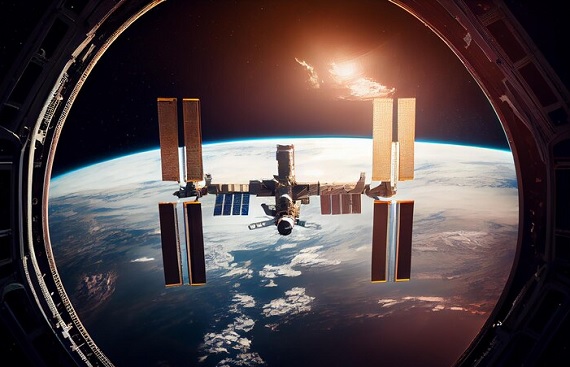ISRO Achieves Milestone in Human Rating of Cryogenic Engine

The Indian Space Research Organisation (ISRO) has achieved a major milestone in the human rating of its CE20 cryogenic engine, an essential component for operating the LVM3 rocket planned to carry Indian astronauts for the Gaganyaan mission. The final ground qualification tests for the CE20 cryogenic engine were positively completed on February 13, with the seventh test including vacuum ignition tests at the High Altitude Test Facility in Mahendragiri.
The ground qualification tests for human rating included life demonstration tests, endurance tests, and presentation assessments under numerous operating situations. According to ISRO, all the ground qualification tests for the CE20 engine in the Gaganyaan program have been successfully conducted. To meet human rating standards, four engines underwent a total of 39 hot firing tests, accumulating a duration of 8,810 seconds, surpassing the minimum human rating qualification standard of 6,350 seconds.
The acceptance tests for the flight engine designated for the first unmanned Gaganyaan (G1) mission, tentatively scheduled for the second quarter of 2024, have also been successfully completed. This engine, which will power the upper stage of the human-rated LVM3 vehicle, boasts a thrust capability of 19 to 22 tonnes and a specific impulse of 442.5 seconds.
ISRO Chairman S. Somanath has dubbed the year 2024 as the ‘Year of Gaganyaan’ for the space agency, as it gears up for various tests and activities in preparation for the country's manned space mission in 2025. As part of these preparations, ISRO plans to conduct two more abort missions in 2024, building on the success of the previous Flight Test Vehicle Abort Mission-1 (TV-D1) carried out last year. These upcoming missions will include unmanned tests, helicopter drop tests, launchpad abort tests, and other critical activities in support of the Gaganyaan program.
